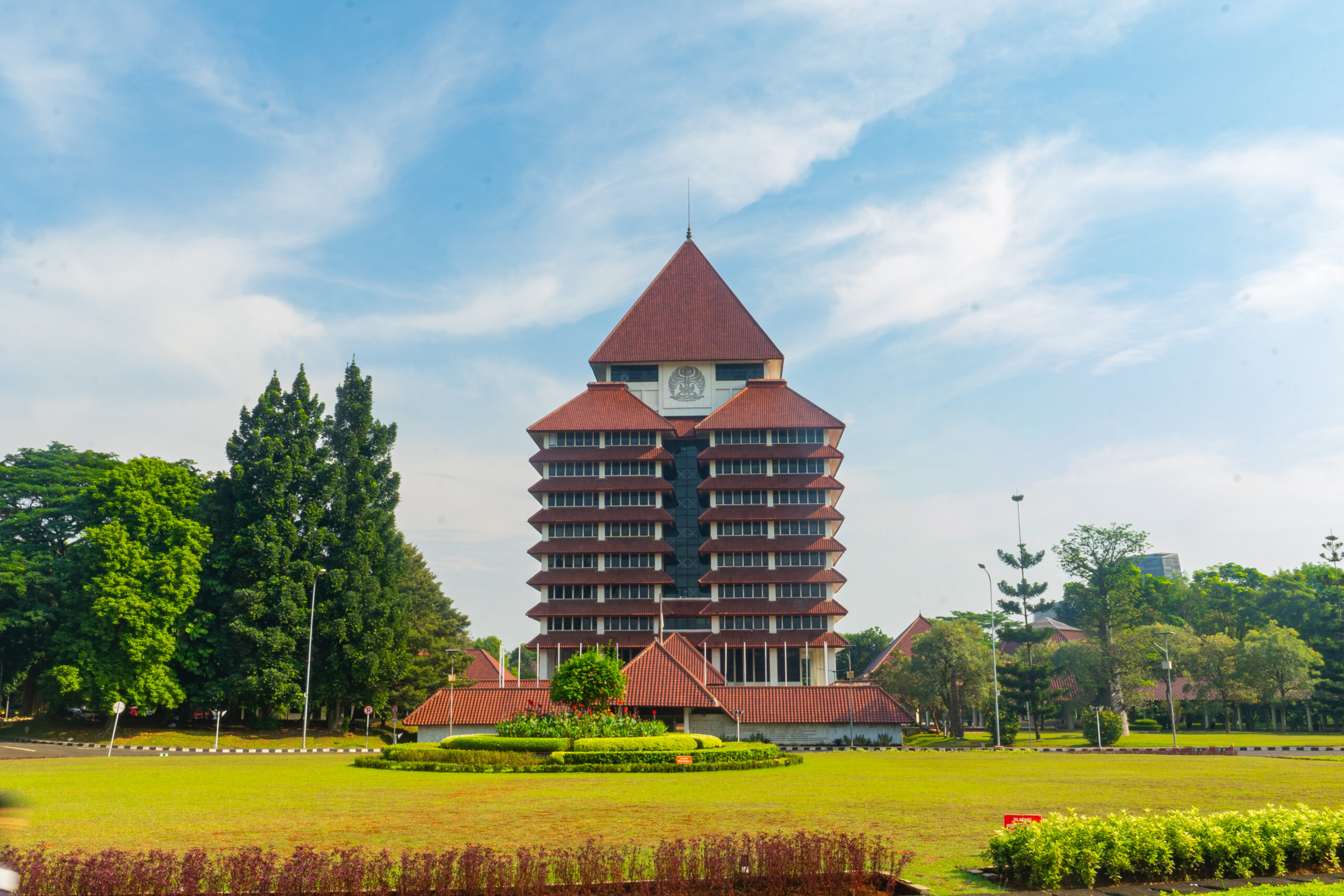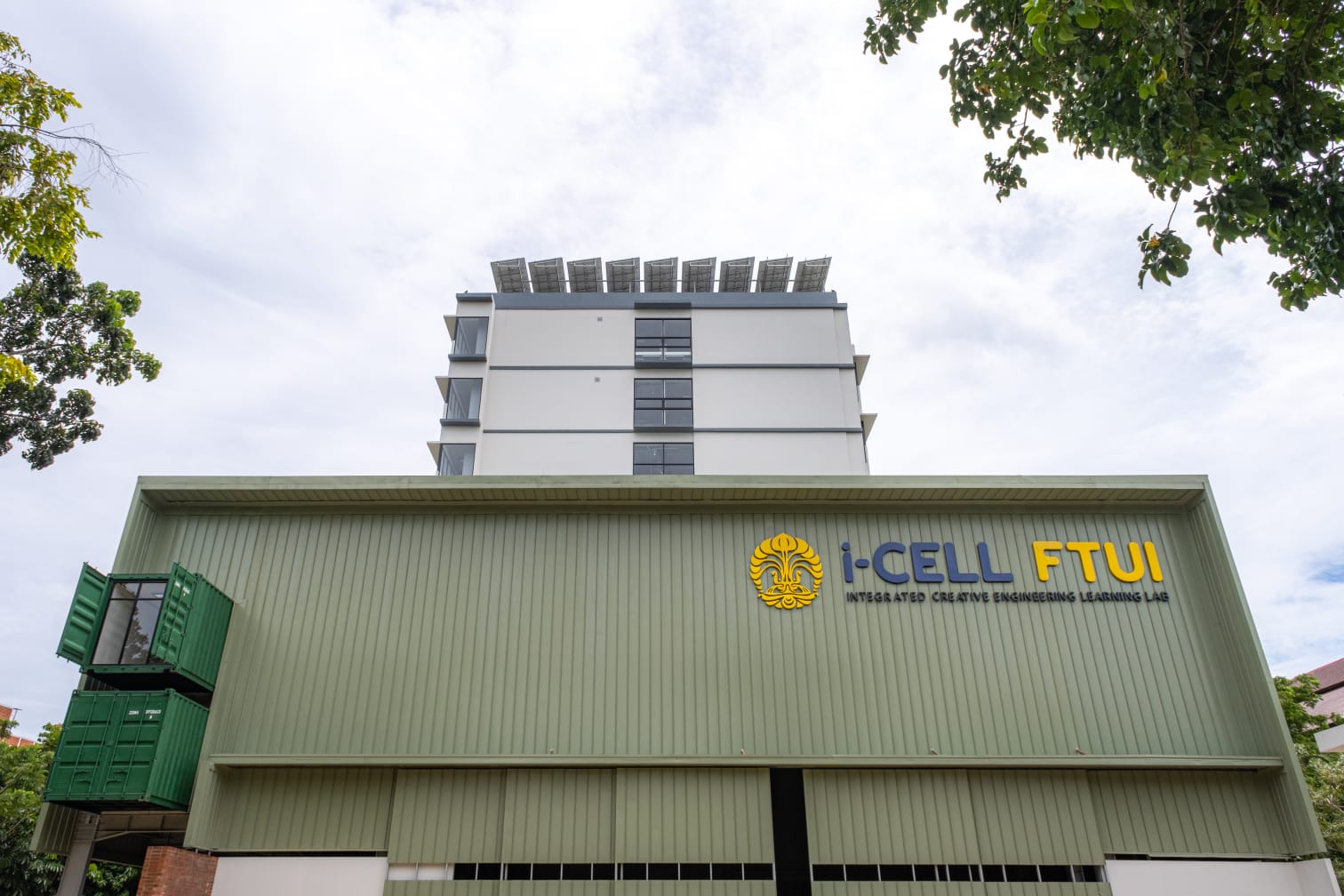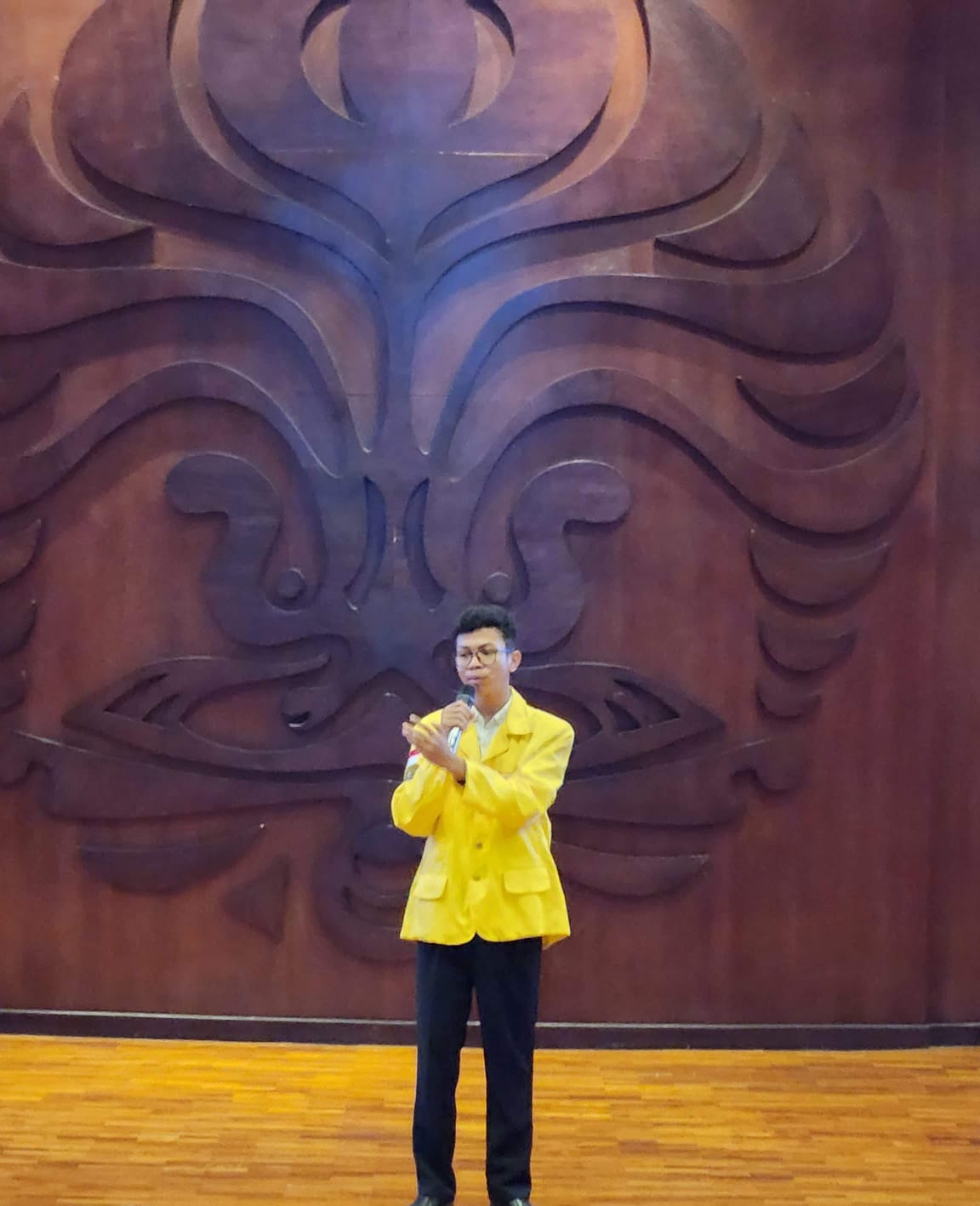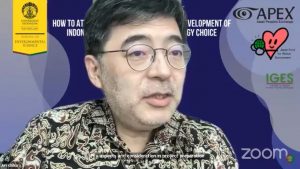
The School of Environmental Science of the Universitas Indonesia (SES UI) together with The Japan Fund for Global Environment (JFGE) organized a seminar themed “How to Attain Sustainable Low-Carbon Development of Indonesia with Appropriate Technology Choice” as an effort to develop renewable and sustainable environmentally friendly energy. The seminar was broadcast virtually via Zoom and SES UI’s Youtube channel, on Wednesday, January 26, 2022.
Present at the event, Dr. Tri Edhi Budhi S. as the Director of SES UI and several experts from environmental research institutions, namely Dr. Nao Tanaka (APEX Executive Director), Mr. Hideyuki Mori (IGES), Dr. Mahawan Karuniasa (SES UI), Dr. Jun Ichihara (IGES), Prof. Kozuke Mizuno (SES UI, Kyoto University), and Dr. Sudarmanto Budi Nugroho (IGES).
The event discussed the concept of low carbon development. Indonesia is one of the largest countries with small-scale industries that has the opportunity to develop sustainable energy and become a developed industrialized country. Massive development causes the greenhouse effect that can release carbon emissions and climate change, making it a critical issue for the environment.

According to Budhi, “To achieve low-carbon development with appropriate technology, Indonesia is implementing laws on forest and land management to reduce the impact of carbon emissions. Collaboration with other countries, such as Japan, will be done to overcome these problems.” In addition, guidance is needed on the selection of appropriate technologies in the development of decarbonization communities in Asia and the use of biomass energy technologies in Indonesia.
The need for environmentally friendly renewable energy is triggered by several factors, including poverty and social inequality, environmental issues, and climate change. It is estimated that by 2032, the amount of carbon emissions released by industry and all activities that trigger carbon release will reach more than 37.4 Gt (gigatons) of CO2.
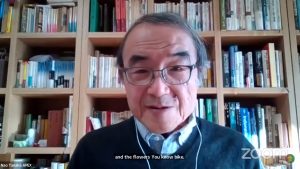
“We developed a comprehensive framework to address these issues, including stopping the use of civilization-based fossil fuels, developing a community based on renewable resources, giving priority to small scale with a decentralized system, making decisions with the use of local people’s renewable energy resources, sustainable large-scale industrial innovation, changing activities from urban areas to sustainable (technological innovation), avoiding the use of wasteful technology, and achieving sustainable development through the synergy of developed and developing countries,” said Tanaka.
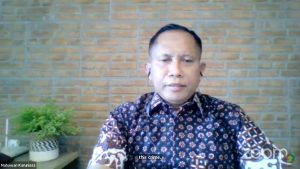
The development of low-carbon technology in Indonesia is one of the targets in 2045 and 2050. Dr. Mahawan shared a long-term strategy to reduce carbon emissions globally by 29.7 Gt by 2030. “In Indonesia, the commitment to reduce carbon emissions and be climate resilient is stated in the Net-Zero Agenda 2050 and Indonesia Commitment by 2030. We, together with the government and related parties, plan to reduce 29% and 41% of carbon emissions in Indonesia,” Mahawan said.
To reduce carbon emissions caused by the heavy use of fossil fuel technologies, the Asian Development Bank (ADB) Energy Policy is needed. ADB Energy Training accelerates coal plant retirements and increases new investment. Within Indonesia, a carbon tax could be implemented. According to Prof. Sudarmanto, the amount of tax incurred by coal-fired industries is IDR 30,000/tCO2e.
Writer: Vinny Shoffa | Editor: Sapuroh

